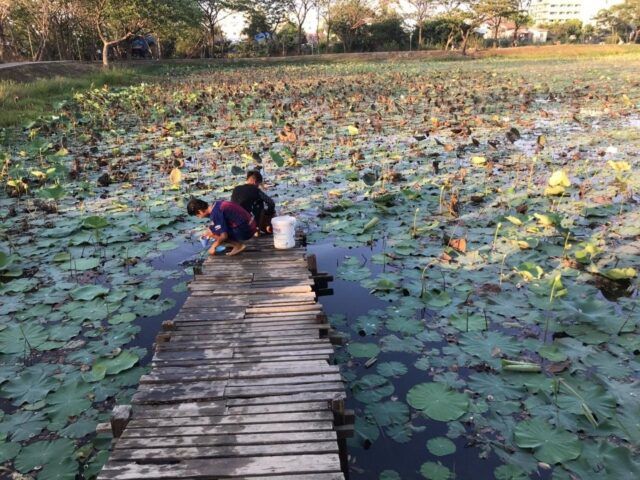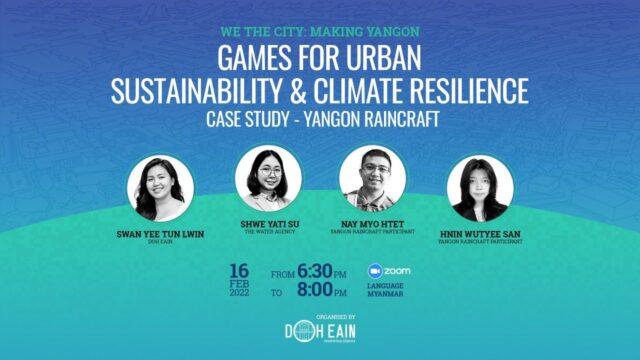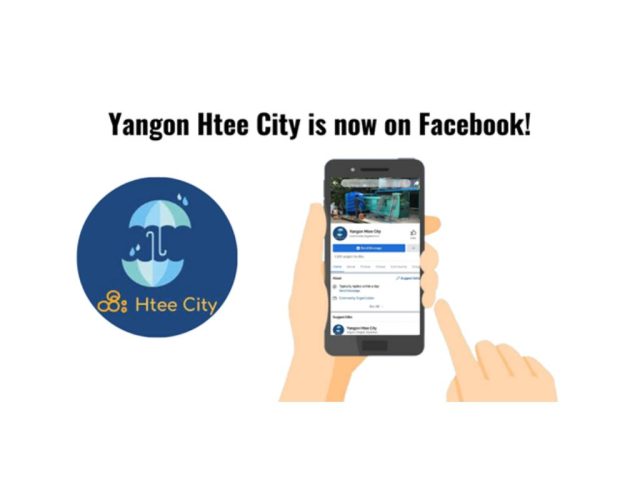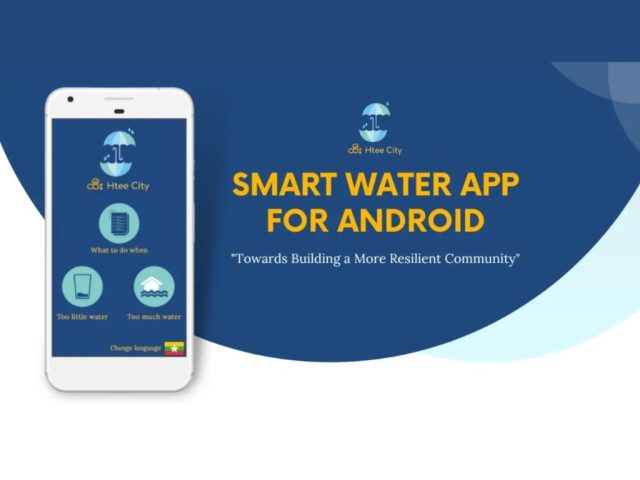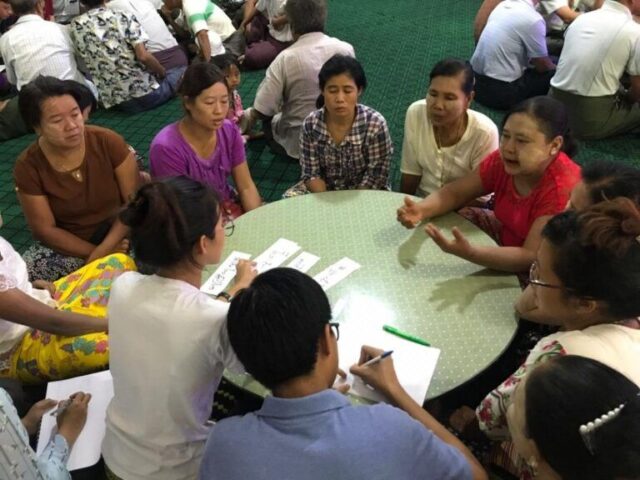
In the project, the consortium will run an innovative community-driven stakeholder participation process for designing and implementing different types of climate adaptation interventions, based on the social innovation approach from one of the most successful, innovative climate adaptation programs in the Netherlands: Amsterdam Rainproof. Critical in this approach is not the technical interventions as such, but the community-driven process (methodology) as a result of which the interventions are co-designed. The project will be supported by an extensive community awareness and education campaign and capacity building for YCDC staff.
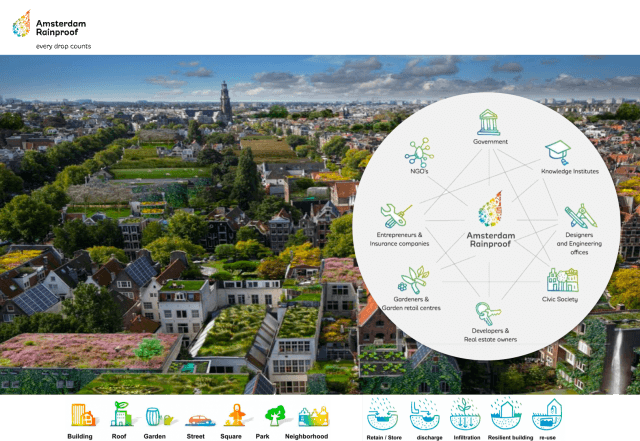
The primary measurable results from the pilot are:
- Increased availability of clean water in periods of drought, and;
- Decreased flood incidence in the rainy season
In addition, the project expects to generate additional (measurable) results and value through the smart design of the interventions, including:
- Increased disposable household income because of reduced costs of drinking water
- Decreased incidence of diarrhea and dengue because of improved water quality and drainage
- Improved socio-economic dynamics e.g. jobs, business activity, rating of “liveability” by residents
- Decreased groundwater extraction (slowing subsidence).
The consortium strongly believes that a decentralized, community-driven approach to climate adaptation and resilience has important merits, particularly for vulnerable and underdeveloped (delta) cities like Yangon. If successful, the ambition is to work closely with the local government and other funders/investors, to scale and replicate the approach to other parts of the Yangon – and beyond.

